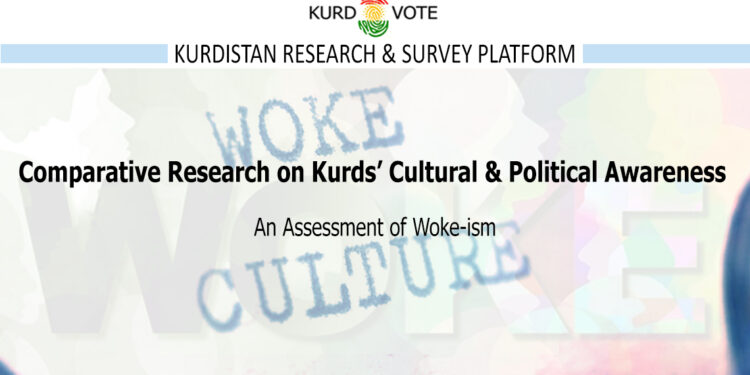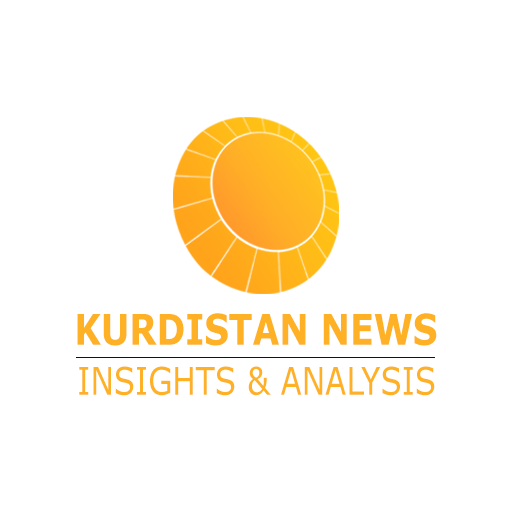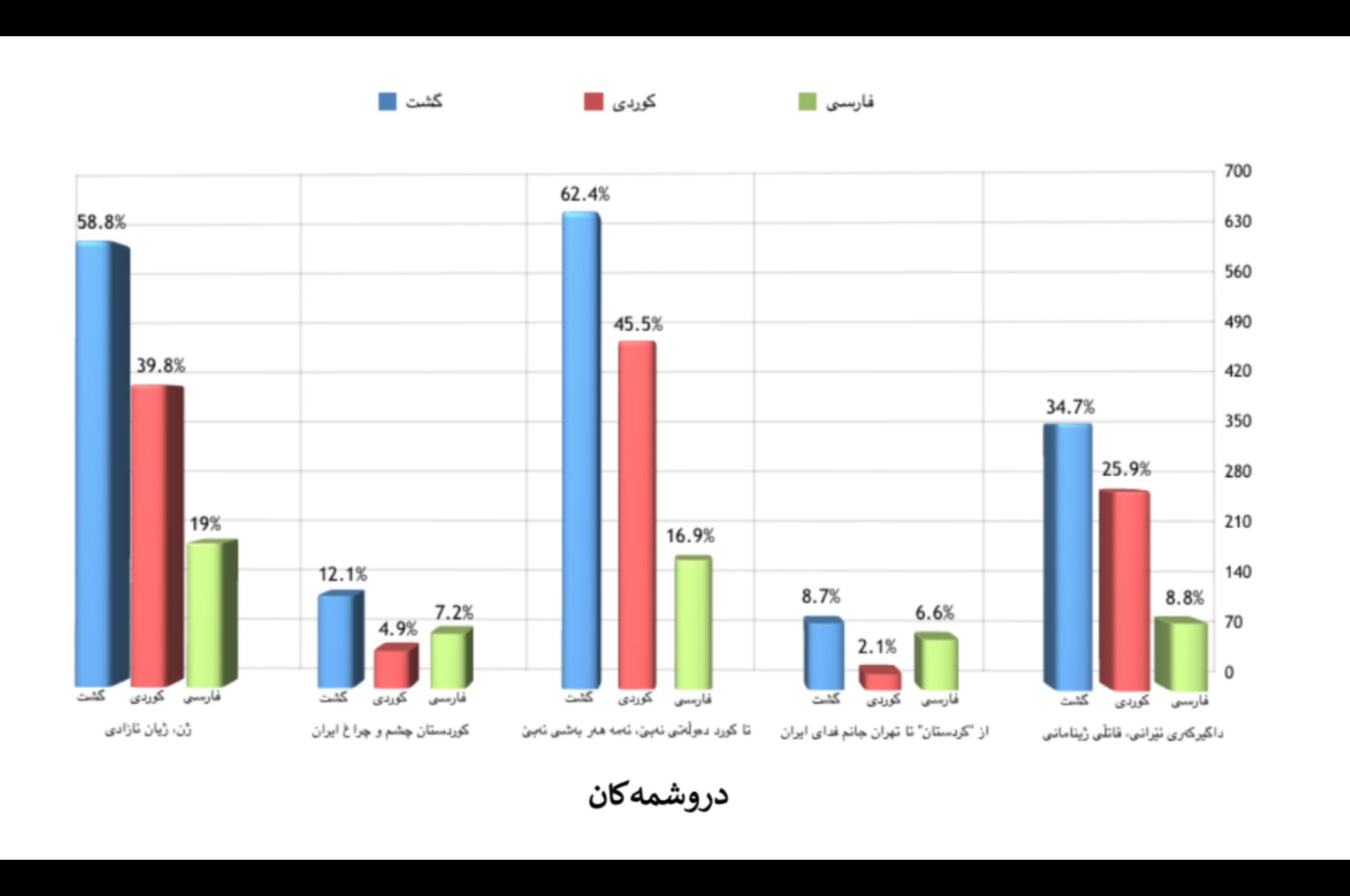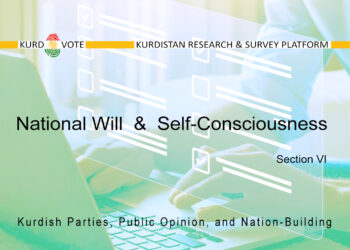Comparative Research on Kurds’ Cultural and Political Awareness: An Assessment of Woke-ism
This research conducts a comparative analysis of the cultural and political awareness of the Kurds, with a particular focus on the distinction between symbolic cultural freedoms and substantive political demands. While cultural markers such as traditional dance, dress, and language are often celebrated as indicators of freedom, they may in some contexts be presented or perceived as substitutes for genuine political rights. By assessing both objective and perceived awareness, the study seeks to examine the extent to which Kurdish society differentiates between cultural recognition and the right to self-determination, defined here exclusively as independence and in contrast to forms such as federalism or autonomy.
The inquiry is situated within a historical context in which the Kurds have for decades been subjected to systematic programs of assimilation in linguistic, cultural, social, and political domains—programs deliberately designed to weaken Kurdish national identity and replace it with imposed state identities. Within such conditions, superficial cultural concessions and even semi-political frameworks such as federalism, autonomy, or other limited models of regional governance may serve as instruments of legitimacy that sustain assimilationist policies, while the fundamental demand for independence is marginalized.
At the analytical core of this project lies an assessment of Woke-ism, conceptualized here as a framework that portrays cultural freedoms and limited political arrangements as a form of social justice, yet in practice may reinforce the logic of assimilation and sideline the pursuit of independence. Employing survey methods, experimental designs (including list and endorsement experiments), and attitudinal measures, this research evaluates the depth of Woke-ism within Kurdish discourses and its impact on the balance between cultural recognition and the demand for independence. The findings are expected to contribute both to Kurdish studies and to broader academic debates on identity politics, cultural rights, and the consequences of assimilationist state policies.














